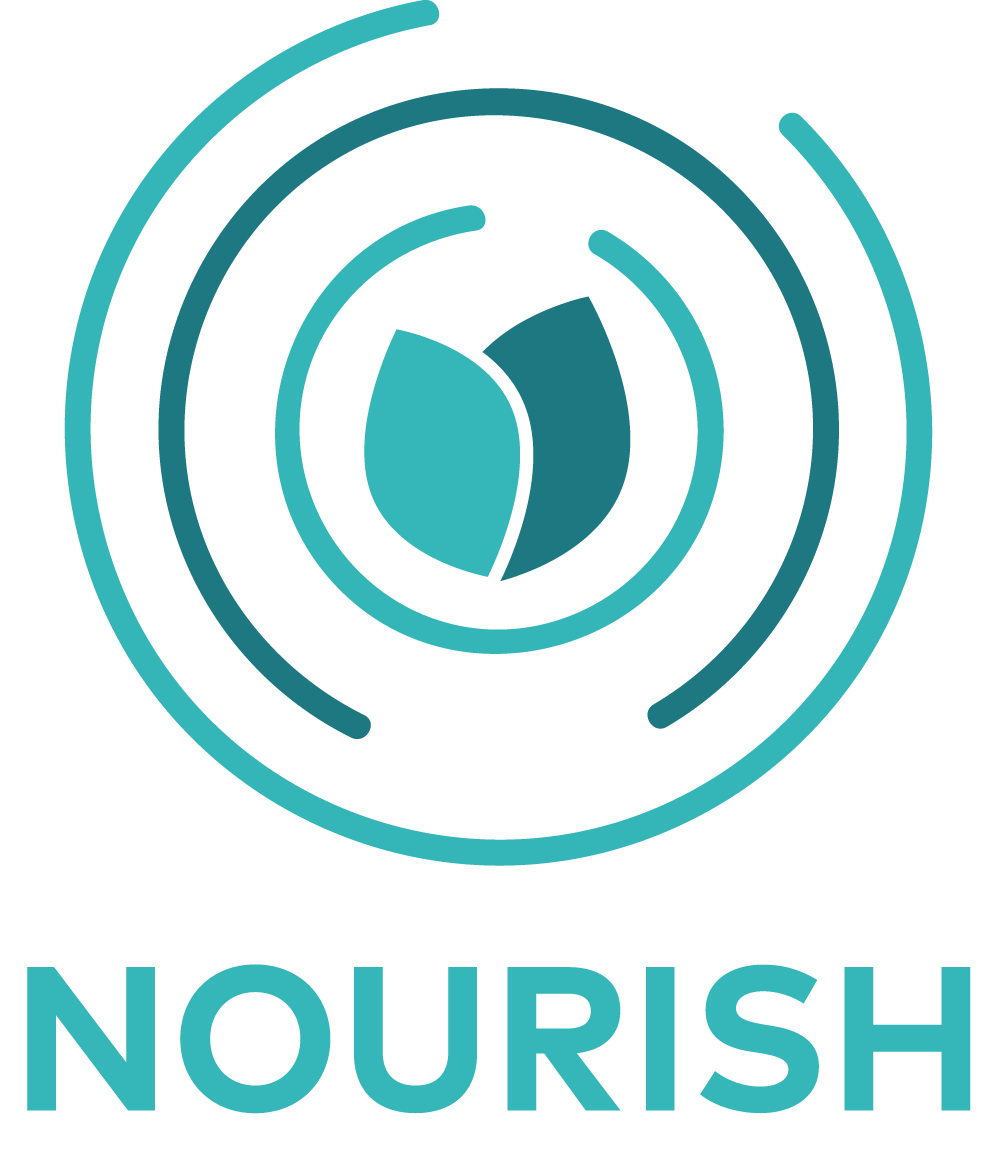Source: Saskatchewan Health Authority
Year: 2019
"The Saskatchewan Health Authority acknowledges Saskatchewan as the traditional territory of First Nations and Métis people, which includes Treaties 2, 4, 5, 6, 8, and 10.
We commit to fostering and maintaining respectful relations with all First Nations and Métis people. The Saskatchewan Health Authority acknowledges the pain, loss, and dislocation caused by the residential school system on individuals, families, communities and nations."











